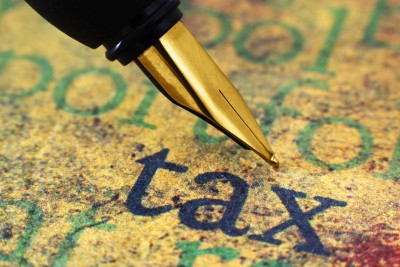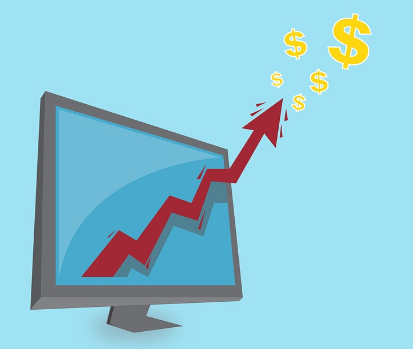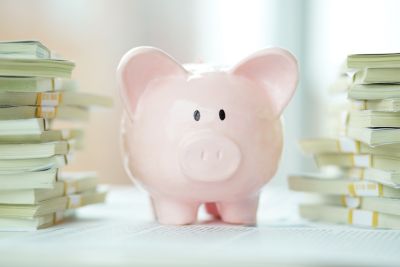Simple VAT Tips For Small Businesses
If your annual taxable turnover exceeds £82,000, you must register for VAT. If your turnover is lower, you can still choose to register for VAT, but this is optional.
Taxable turnover is the sale value of products and services that don’t fall into the VAT-exempt category. Postage, insurance, and health services are examples of VAT-exempt supplies.
Before registering for VAT, consider when you’d like your VAT quarters to end. You’ll ease the work of your accountant if you choose the end of a VAT quarter to coincide with your year-end date. If you need some help with your VAT, you can get vat advice from companies such as The VAT Consultancy, so you can feel safe in the knowledge that you are doing the right thing.
Another important thing to consider is that you should determine which is the right VAT scheme for your business. There are four such schemes:
– Standard VAT Scheme
– Flat Rate Scheme
– Cash Accounting
– Annual Accounting
If you wait a lot for your customers to pay your invoices, you should probably choose the cash accounting scheme, as it would help you with your cash flow. You owe VAT only when your customer pays you. You reclaim VAT when you pay your purchase invoices.
Flat rate accounting works best for businesses with a turnover below the £150,000 threshold. By choosing this scheme, you’ll have to pay a flat VAT rate dependent on your industry or area of activity. But VATGlobal points out that you won’t have the right to reclaim purchase VAT.
What To Do After You Register For VAT
Always keep accurate records of all purchases and sales. If you have a large number of transactions, you should consider buying a computerized accounting system. If your records aren’t in order, you risk penalties, should your business get inspected by the authorities. You have to keep these records for a minimum of six years.
You should give each of your sales invoices a unique number. Furthermore, you should quote your VAT number on all invoices you issue.
You are obliged to keep copies of your VAT returns and the proof for each of them. Should your business be subject to an inspection, you’ll have to show these documents.
You aren’t allowed to reclaim VAT on entertainment-related expenses. Also, you should check out the specific rules to determine how much VAT you can reclaim on motor expenses and business-related travel expenses.
Some items have nothing to do with VAT. Staff wages, loan repayments, road tax, drawings, dividends paid, corporation tax and VAT are among these items. You shouldn’t include any of them in your VAT return.
You can use spreadsheets to keep your VAT records. If so, you may want to take a closer look at the template below, and use it to create your own.
If you import goods from countries outside the EU and hire an agent to handle the declarations and the import duty and VAT payments, you’ll get a form C79 every month. This form states the paid import VAT for the corresponding month. You need to include this value on your VAT return and keep these forms as VAT reclaim proof.
Moving goods within the EU is way less complicated. The VAT return form has specific boxes where you have to record your sales and purchases values.







